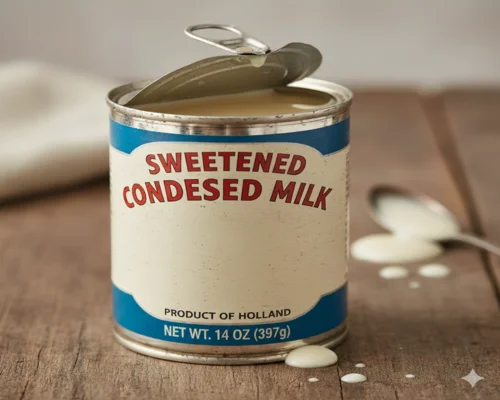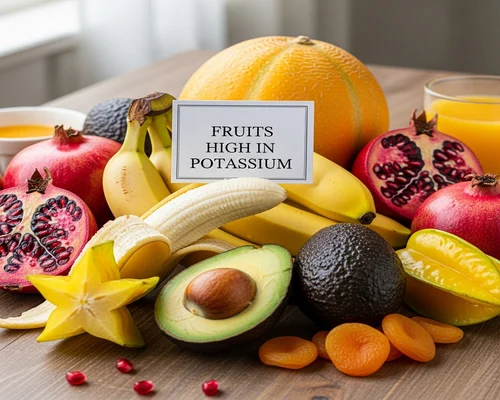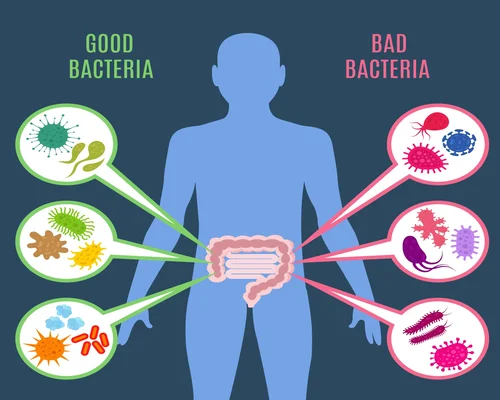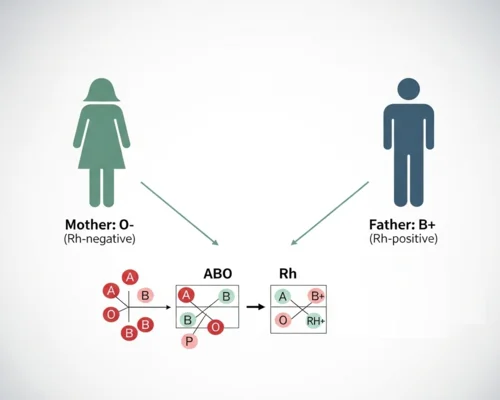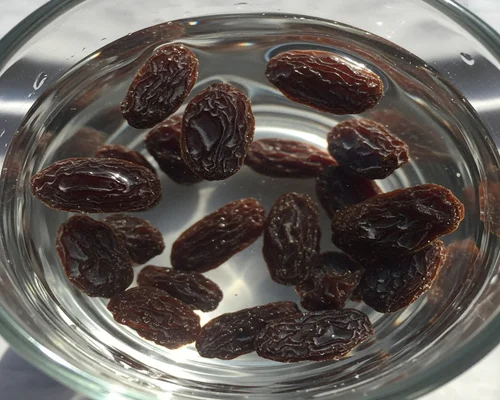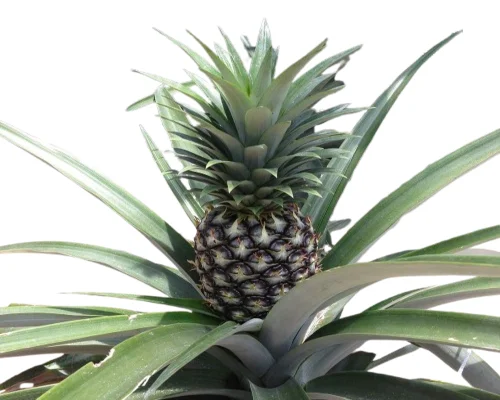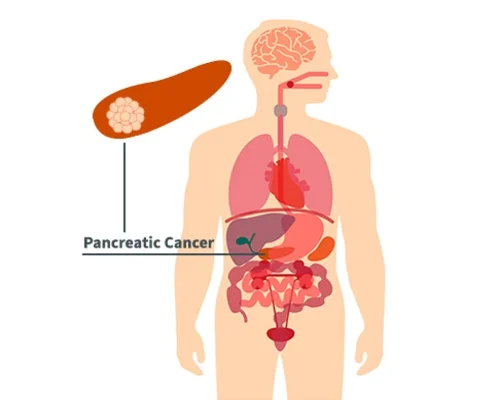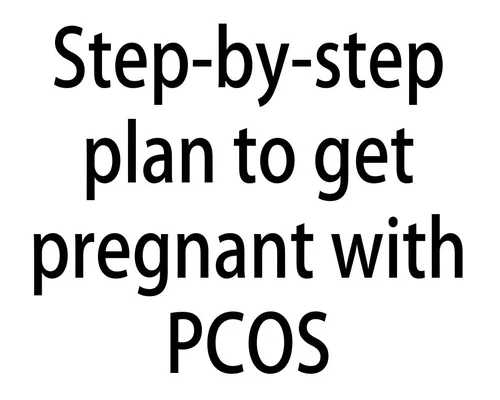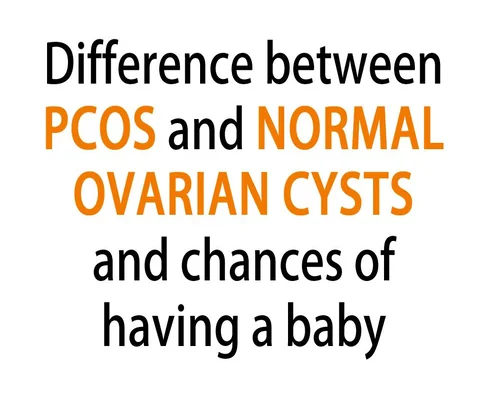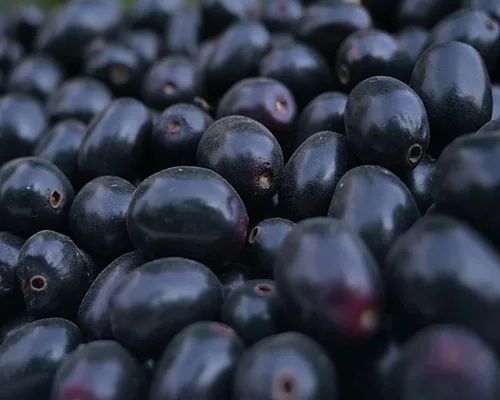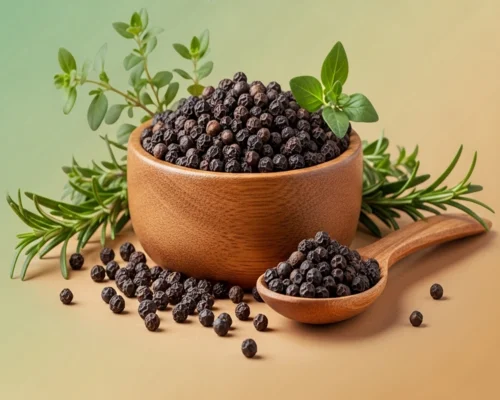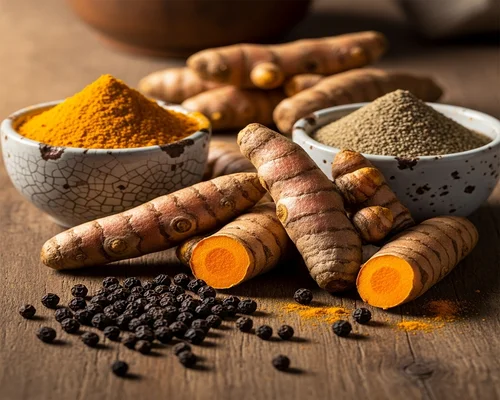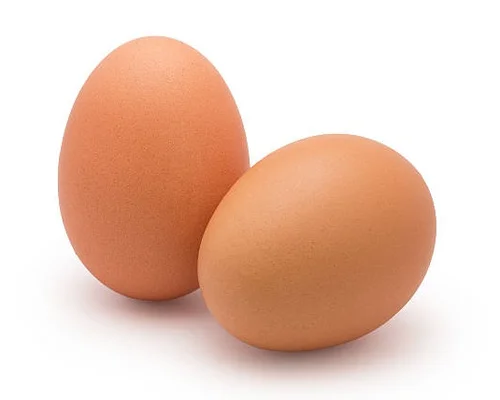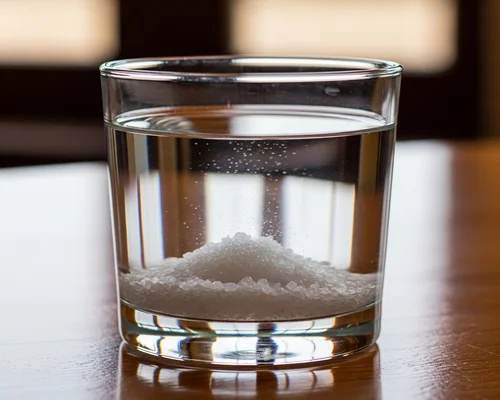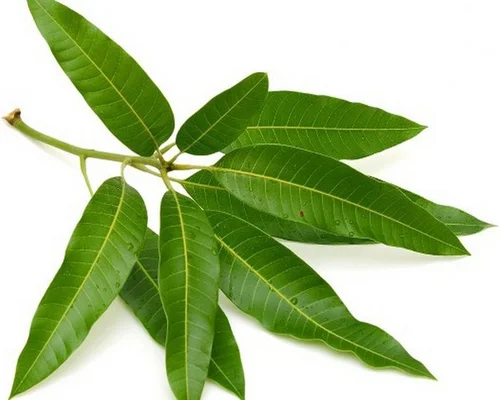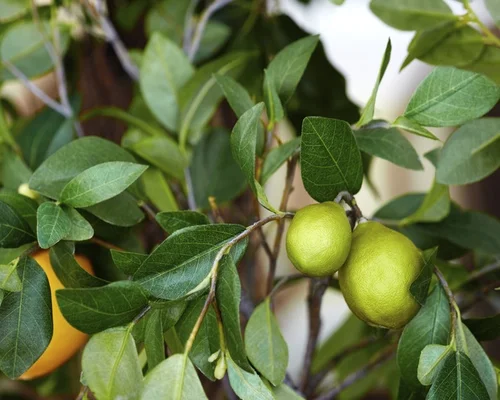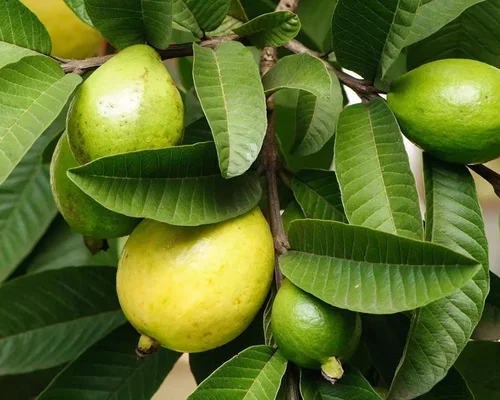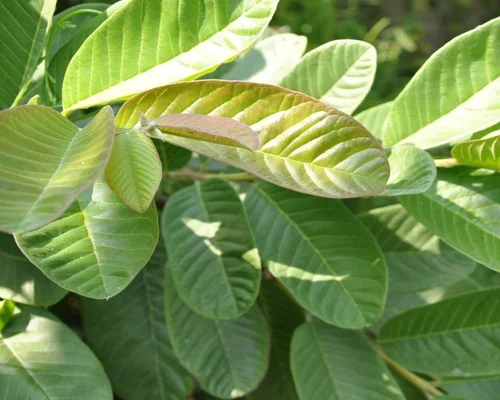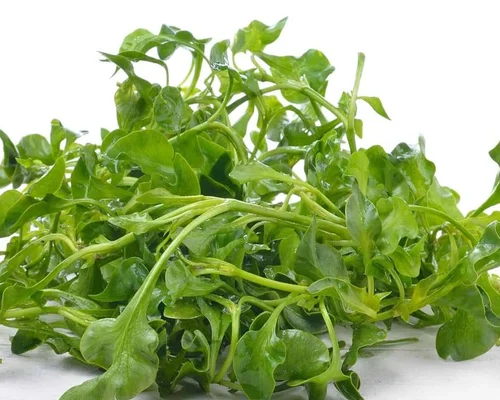
Watercress benefits and side effects
Watercress benefits and side effects
Watercress is a nutrient-rich green leafy vegetable. It contains a large amount of vitamins, minerals, antioxidants and phytonutrients, which are very beneficial for the body.
Watercress Benefits:
1. Boosts immunity:
Vitamin C: Strengthens the immune system and reduces the risk of colds and coughs.
Antioxidants: Prevents cell damage and protects the body from the effects of free radicals.
2. Helps prevent cancer:
Glucosinolates and phytochemicals: Play a role in preventing cancer by reducing the growth of tumor cells.
Studies have shown that it can reduce the risk of lung and breast cancer.
3. Improves bone health:
Vitamin K and calcium: Increase bone density and prevent osteoporosis.
Magnesium and potassium: Help in bone formation.
4. Reduces the risk of heart disease:
Potassium: Helps control blood pressure.
Antioxidants and fiber: Prevents heart disease by reducing cholesterol.
5. Beneficial for skin and hair:
Vitamins A and C: Increases skin radiance and prevents wrinkles.
Iron and sulfur: Increases hair growth and prevents hair loss.
6. Helps in weight control:
Low calories and high fiber: Helps in weight loss and controls appetite.
7. Improves digestion:
Fiber: Maintains good intestinal health and relieves constipation.
Natural diuretic: Helps in eliminating toxins from the body.
8. Improves eye health:
Vitamin A (beta-carotene): Improves vision and prevents night blindness.
9. Improves mental health:
Folate (vitamin B9): Improves brain function and reduces depression.
10. Helps in controlling diabetes:
Helps in controlling blood glucose levels.
Side effects:
1. Stomach problems if consumed in excess:
High fiber content may cause gas, bloating, or diarrhea.
2. May increase kidney problems:
It may increase the risk of kidney stones due to the presence of oxalates.
Kidney patients should avoid consuming in large quantities.
3. Risk of bleeding:
Since it is high in vitamin K, it may interfere with the effectiveness of blood clotting drugs (such as warfarin).
4. Allergy risk:
It may cause itching, swelling, or shortness of breath in some people.
5. Caution for pregnant and lactating mothers:
Excessive consumption may disrupt hormonal balance, so it should be consumed in moderation.
Conclusion:
Watercress is a healthy and nutritious vegetable that boosts immunity, improves digestion, and helps prevent heart disease and cancer. However, excessive consumption can cause side effects. Therefore, it should be consumed in moderation and washed well.

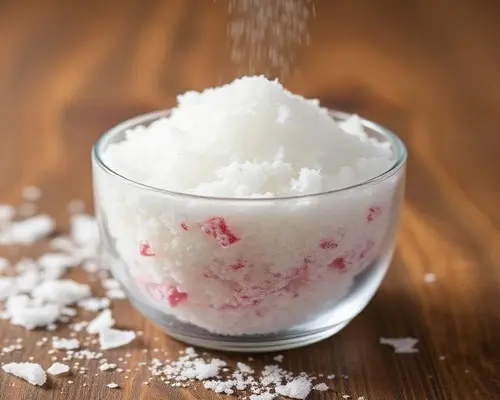

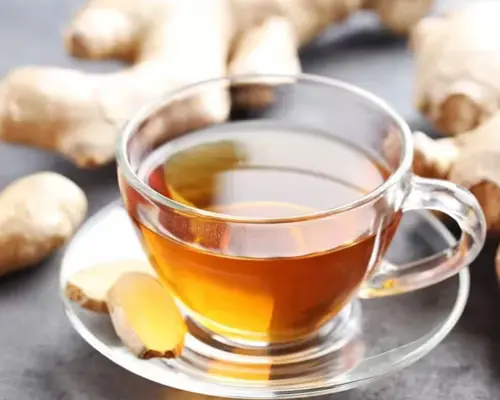
-vegetable.webp)

